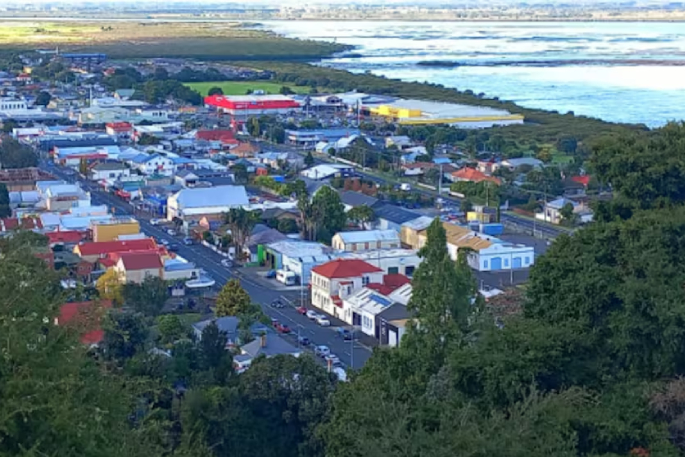The Thames-Coromandel district has seen no economic growth in the past 12 months, a recent Infometrics report reveals.
The report, Infometrics’ Quarterly Economic Monitor, showed provisional GDP estimates for the district indicated “further subdued economic activity” with zero growth in the year to March.
Thames-Coromandel Mayor Len Salt says there was no doubt these were challenging times for “ordinary folks”.
“Cost of living, interest rates, inflation ...
“We are also living in a rapidly changing business environment. Retail shopping habits are not the same now as they were pre-Covid.”
The report also showed that the district lagged behind national averages in terms of “key economic indicators”.
Despite economic conditions remaining difficult, some industries looked promising, with agriculture, forestry and fishing growing their contribution to Thames-Coromandel’s GDP in the year to March, the report says.
Industries more reliant on discretionary spending saw notable declines in the local GDP, particularly accommodation, food services and retail.
On the upside, those industries experienced positive growth in terms of employment over the past year.
Consumer spending grew just 0.5 per cent in the year to March, well behind the national increase of 2.8 per cent.
Employment across Thames-Coromandel climbed 1 per cent in the March 2024 quarter, which is about a third of the growth experienced across the Waikato region and nationally (2.9 per cent).
Healthcare, fishing, and agriculture were the largest contributors to job growth for Thames-Coromandel residents.
However, the unemployment rate has also seen an increase – to 4.2 per cent in the year to March – nearing the district’s 10-year peak of 4.4 per cent in March 2015, and above the national average of 4 per cent.
 House values fell 6.3 per cent in Thames-Coromandel in the year to March. Photo: NZME.
House values fell 6.3 per cent in Thames-Coromandel in the year to March. Photo: NZME.
Labour market pressures have also seen the number of jobseeker beneficiaries go up, increasing 4.7 per cent in the year to March.
House values fell 6.3 per cent in Thames-Coromandel in the year to March, potentially reflecting cyclone-damaged properties being sold at a discount.
On a more positive note, house value declines reduced from the December 2023 quarter, with similar upward modest momentum in house values across the Waikato and nationally.
The reopening of State Highway 25A and recovery of international tourism helped guest nights in Thames-Coromandel reach their highest level since June 2021 with a 7 per cent increase in the year to March, placing the district ahead of the national increase of 5.3 per cent.
Len says councils would always struggle to get the balance right between their obligations to fund and future-proof core services and helping to support vibrant and dynamic business and economic environments.
“How much of ratepayers’ money we spend on business and community support activities is a tough question; that’s why it was so important to include it as a key question in the Long-Term Plan consultation process.”



1 comment
The Master
Posted on 20-06-2024 12:28 | By Ian Stevenson
The area has not industry to speak of, its a holiday "park" area so no surprises there.
Leave a Comment
You must be logged in to make a comment.